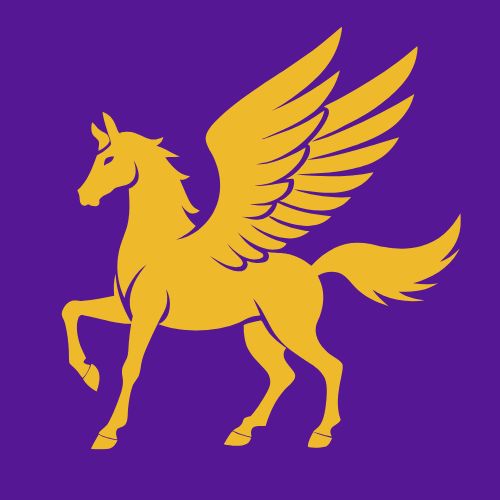History Curriculum: Grades 10-12
The Upper School History curriculum at Philo Classical Academy trains students to reflect deeply on cultural and philosophical changes across time. In 10th grade, students begin with a focused analysis of Modern British History, examining how local shifts in identity, industry, and empire shaped a nation. The 11th-grade course expands outward, exploring the broader influence of religion and science on European history over a millennium, highlighting the interplay of faith and reason. By 12th grade, students engage with the essential questions that have shaped the modern West, considering the cultural cycles and revolutionary ideas that define our world today.
10th Grade: British History (1750-1950)
Students explore Britain’s transformation from 1750 to 1950, guided by *The Shaping of Modern Britain: Identity, Industry and Empire, 1780-1914* by Eric J. Evans, with an extended focus through 1950. Culturally, this era shaped a modern British identity through literary movements like Romanticism (e.g., Wordsworth) and the Victorian novel (e.g., Dickens), alongside growing national pride expressed through institutions like the BBC (founded 1922). The Industrial Revolution (c. 1760-1840) drove economic change, making Britain a global industrial leader with innovations like the steam engine, though it also brought social challenges like urban poverty and labor unrest, addressed through reforms like the Factory Acts. Politically, Britain’s empire expanded to its zenith by 1914, controlling vast territories like India, but also faced tensions, such as the 1857 Indian Rebellion. Democratic reforms, including the Reform Acts (1832, 1867, 1884) and women’s suffrage (1918, 1928), redefined governance, while post-WWI decline led to India’s independence (1947) and the establishment of the welfare state under Attlee (1945), including the NHS (1948).
11th Grade: Scientific and Religious History of Europe (1000-2000)
This course examines the interplay of science and religion in Europe from 1000 to 2000, drawing from *Medieval Europe and the World: From Late Antiquity to Modernity, 400-1500* and *Introduction to the History and Philosophy of Science* by Richard DeWitt. From 1000 to 1500, students explore the medieval synthesis of Christian theology and Aristotelian science, where the Catholic Church dominated intellectual life, yet early scientific inquiry emerged through figures like Roger Bacon. The period saw tensions between faith and reason, exemplified by the condemnation of Galileo in 1633, as the Scientific Revolution (Copernicus, Newton) challenged religious orthodoxy. From 1500 to 2000, the Enlightenment and Darwin’s theory of evolution (1859) further strained religious authority, while science advanced through the development of modern physics (Einstein) and genetics (Watson and Crick). The course also covers the Church’s evolving role, from the Protestant Reformation’s fragmentation of Christendom to the 20th-century secularization of Europe, amidst debates over creationism and the ethical implications of scientific progress.
12th Grade: From Dawn to Decadence by Jacques Barzun
Students engage with *From Dawn to Decadence* (2000) by Jacques Barzun, a profound exploration of Western civilization from 1500 to 2000. Barzun’s deep scholarship traces cultural shifts through four key revolutions: the Protestant Reformation, which challenged the Catholic Church’s authority; the rise of the nation-state, shifting power to centralized governments; the French Revolution, which introduced ideals of equality; and the post-WWI era, which reshaped societies with new political systems. The book encourages students to reflect on big questions: How do cultural movements rise and fall? What drives societies to seek simplicity or progress? Barzun examines the tension between innovation (like the Industrial Revolution) and the recurring desire for a return to simpler ideals, prompting students to consider the patterns that shape history and what they reveal about our own time.
